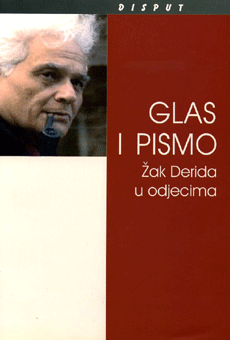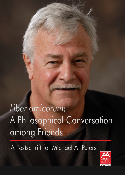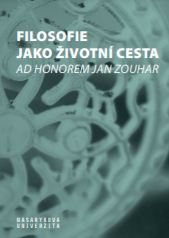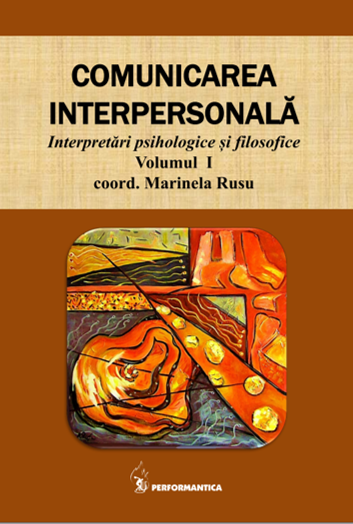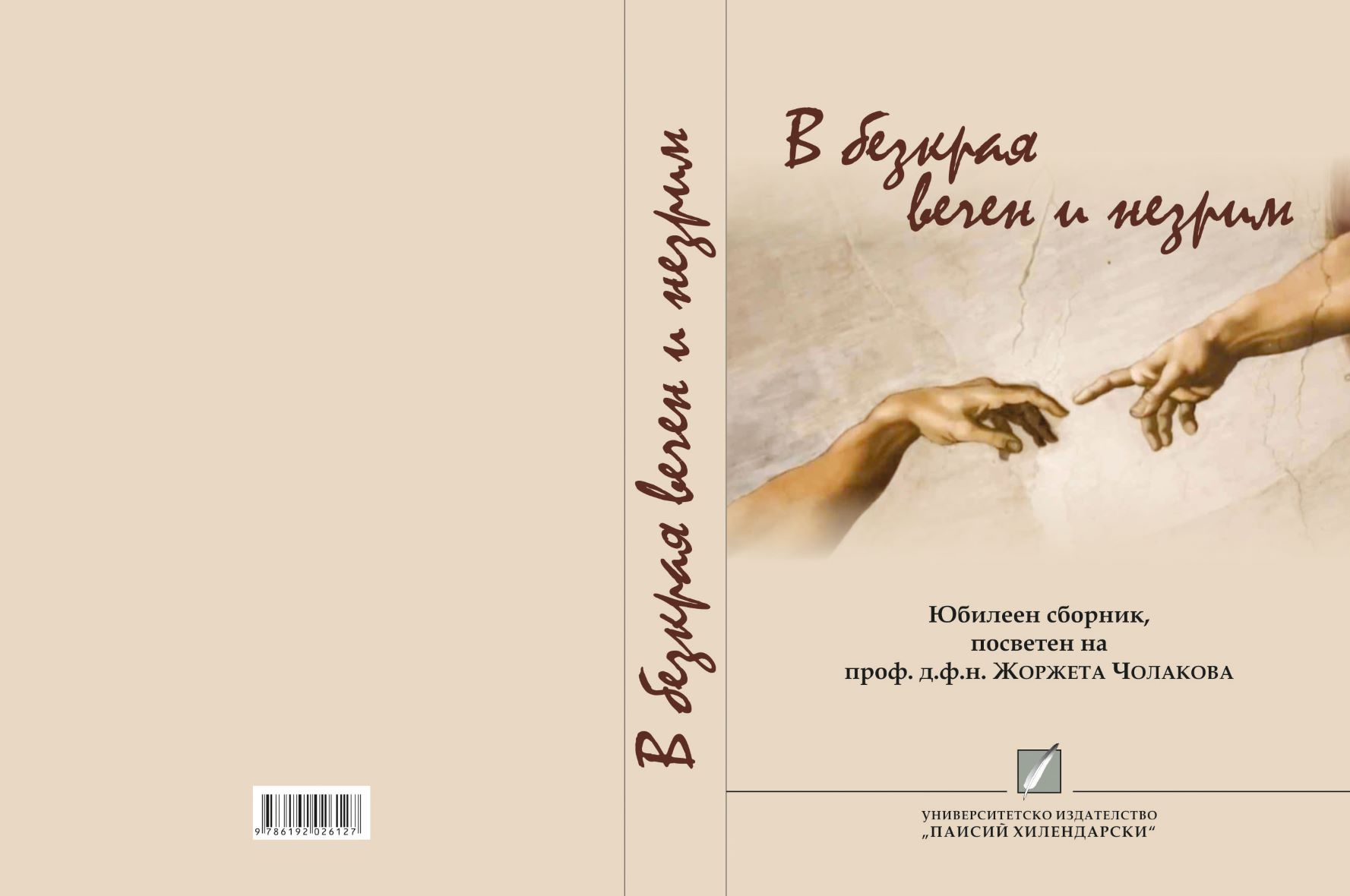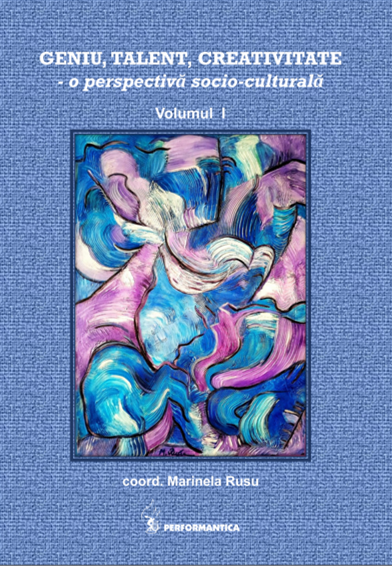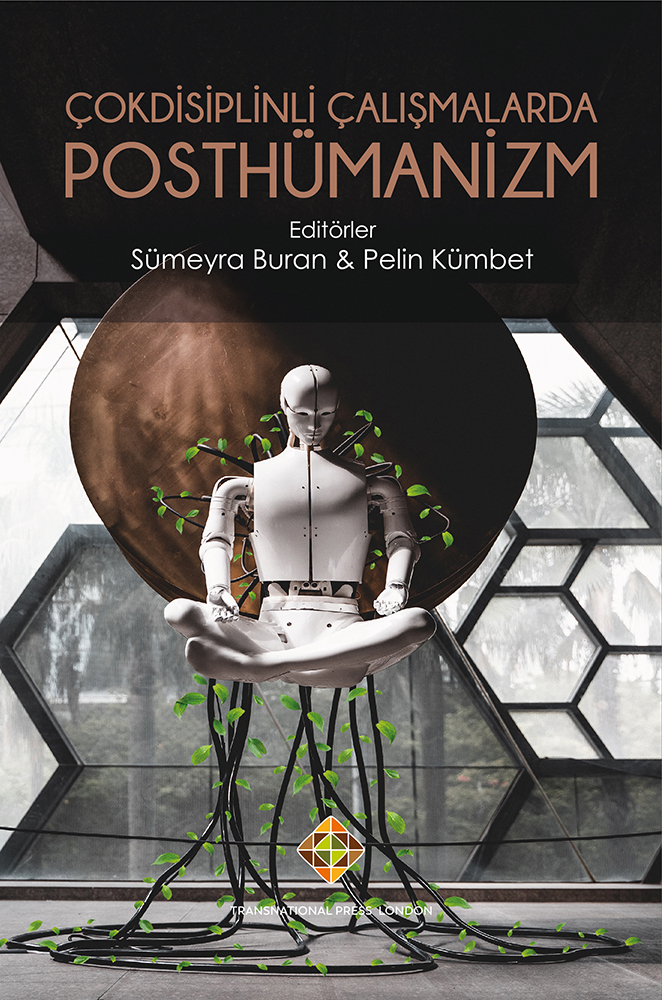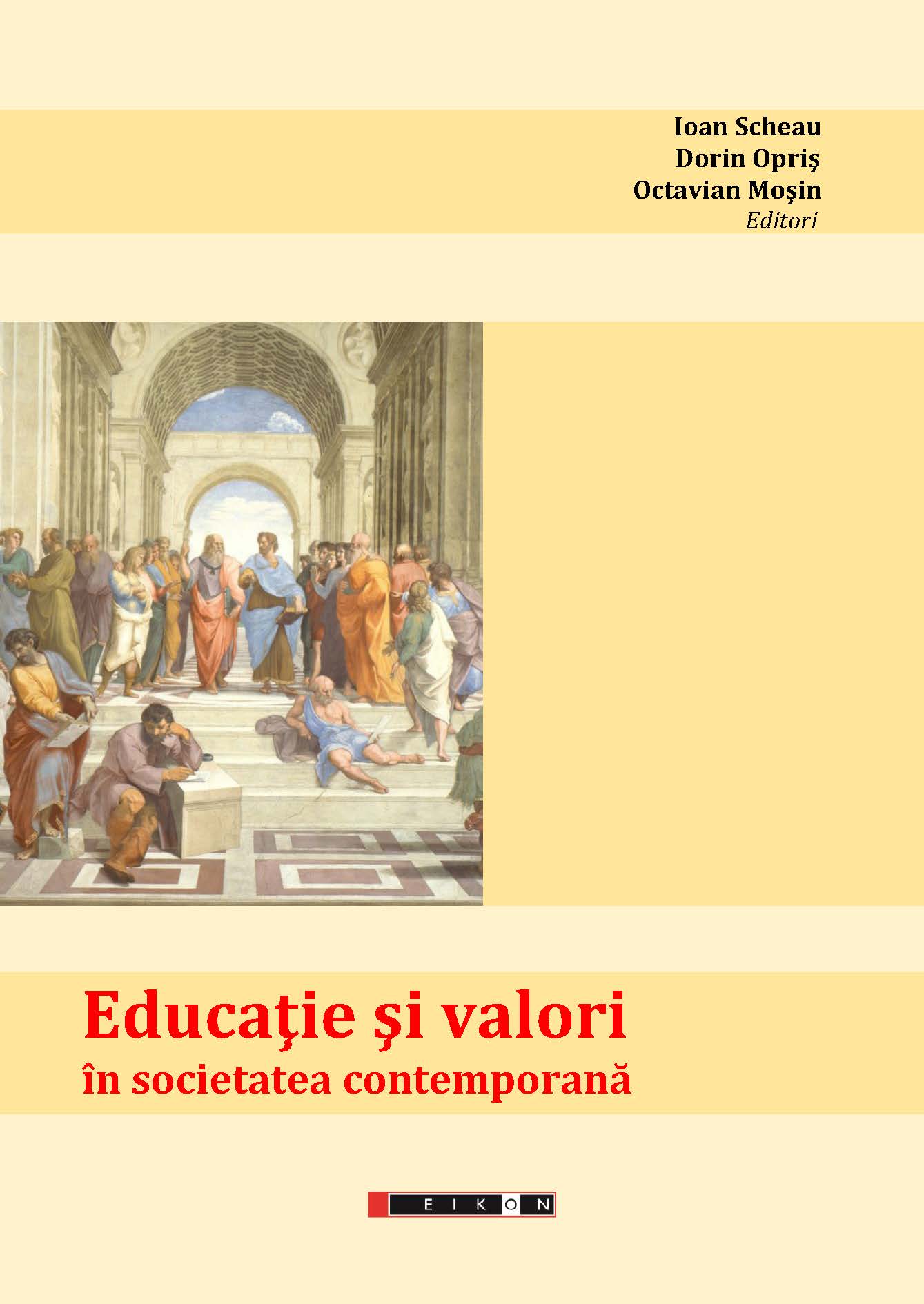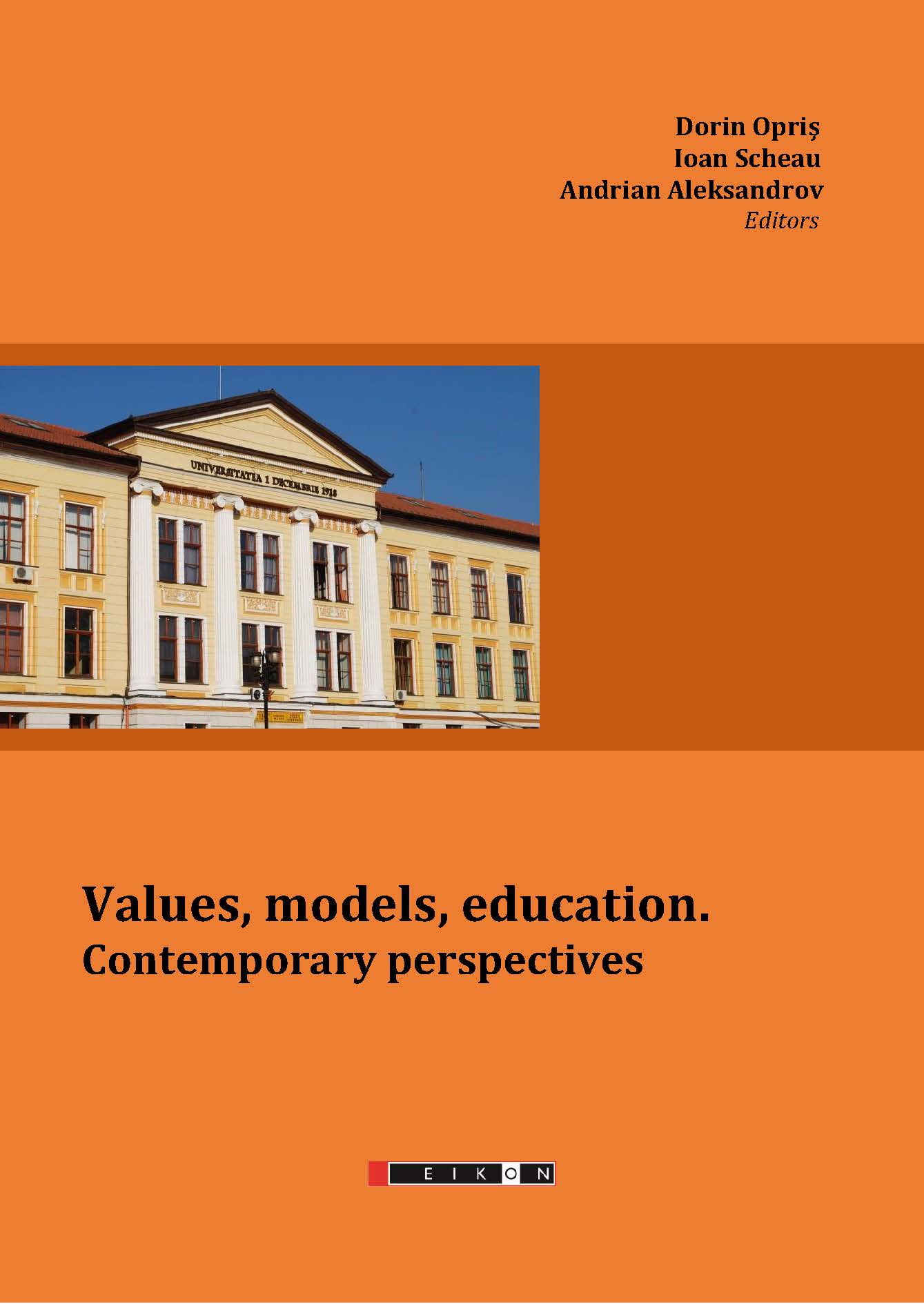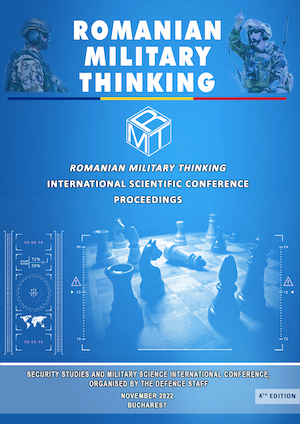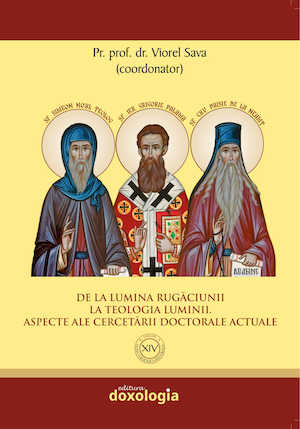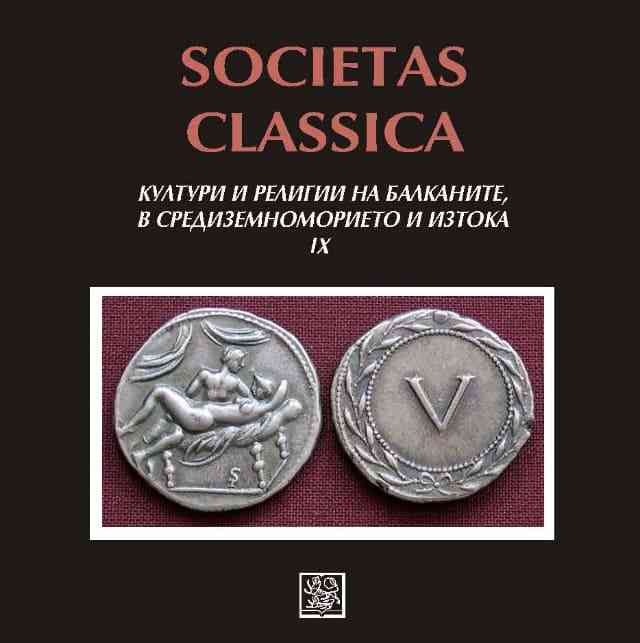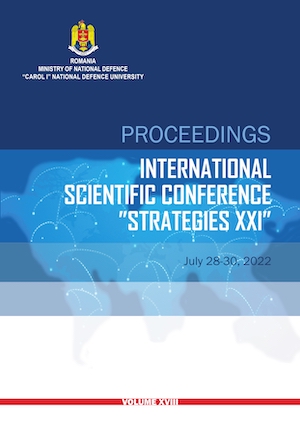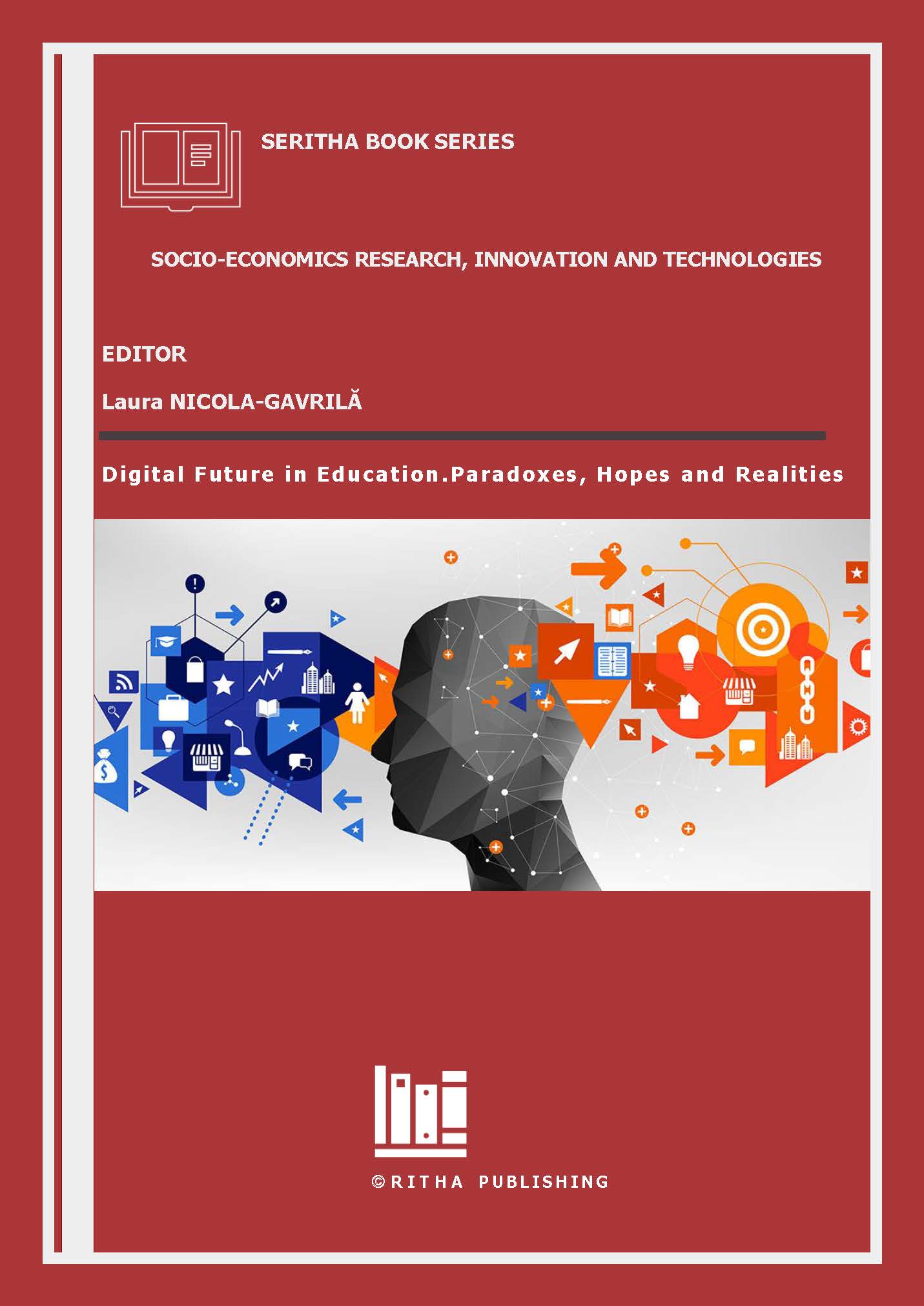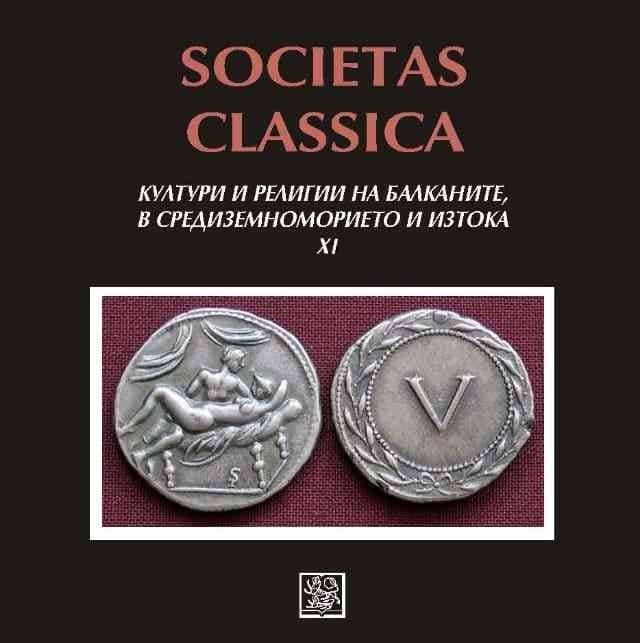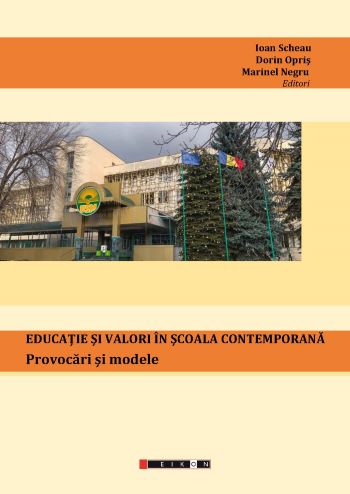Author(s): Eusebiu Borca / Language(s): Romanian
Publication Year: 0
Creationism is the biblical teaching that God created the heavens and the earth, bringing everything into concrete existence through His creative Word and will. Through this creative act, God shows that Creation has its principle and purpose in God, making Him transparent. All varieties of birds were created from water. The expression "after their kind" is used only when life is being built, in the last three days of Creation, to understand that God, during this interval, built all living creatures on earth. This expression means that the type of animal is preserved by reproduction, which entitles us to say that the species did not evolve but remained the same. The noun "kind", "type", "classification", "species" shows there are fixed types or classifications. It is true that, within genetic limits, animals can evolve, but one species cannot transform into another. The main causes of the theory of biological evolution: natural selection and mutations eliminate from its assumptions the existence of a Creator. In arguing with evolutionists, creationists point out that for a flightless animal to become "flying", almost every anatomical structure would require changes, a theory that is not supported by any (fossil) evidence. Although we cannot fully understand the divine reason, Christians today can extract useful meaning from this creative action. Thus, we do not read them as myths, but try to value the sacred text and discover its divine message. Saint Ambrose shows that birds can provide "a parable for our living", because in them, "social and military leadership is natural", but in humans it is "forced and enslaved". The entire creation testifies to the Unity, Omnipotence and Wisdom of its Creator, which also manifests itself in the existence of a purpose for living beings, that of living, to offer oneself, which for man constitutes a path to salvation.
More...
